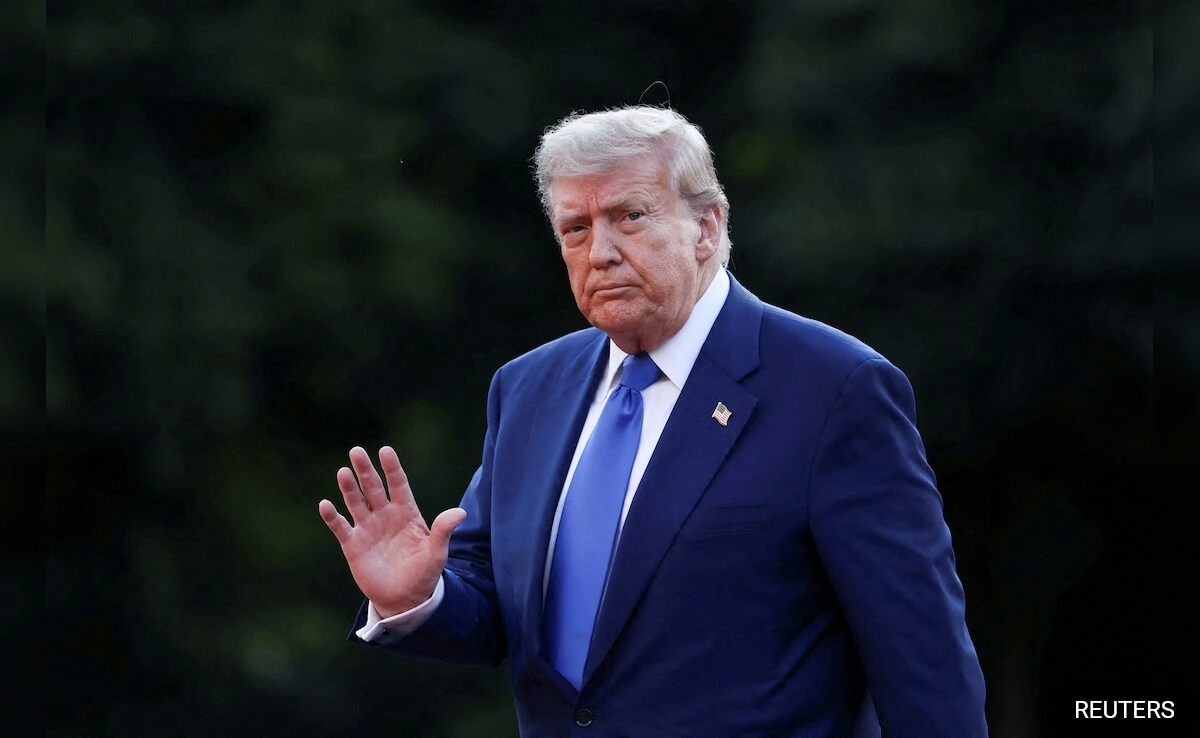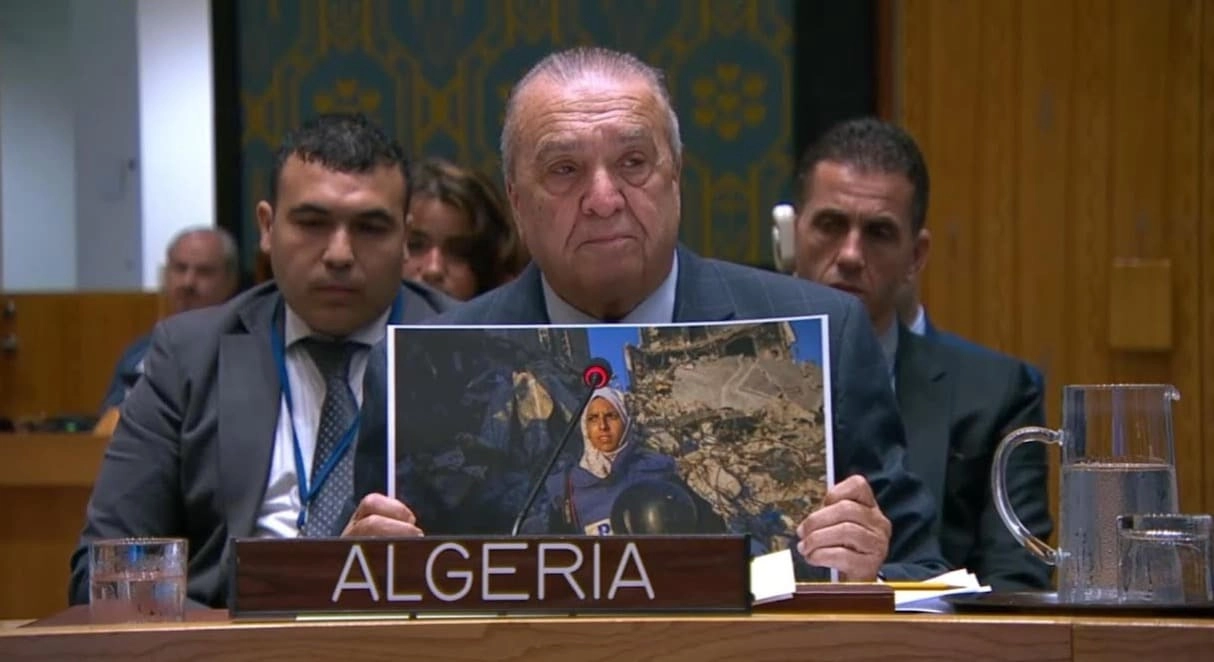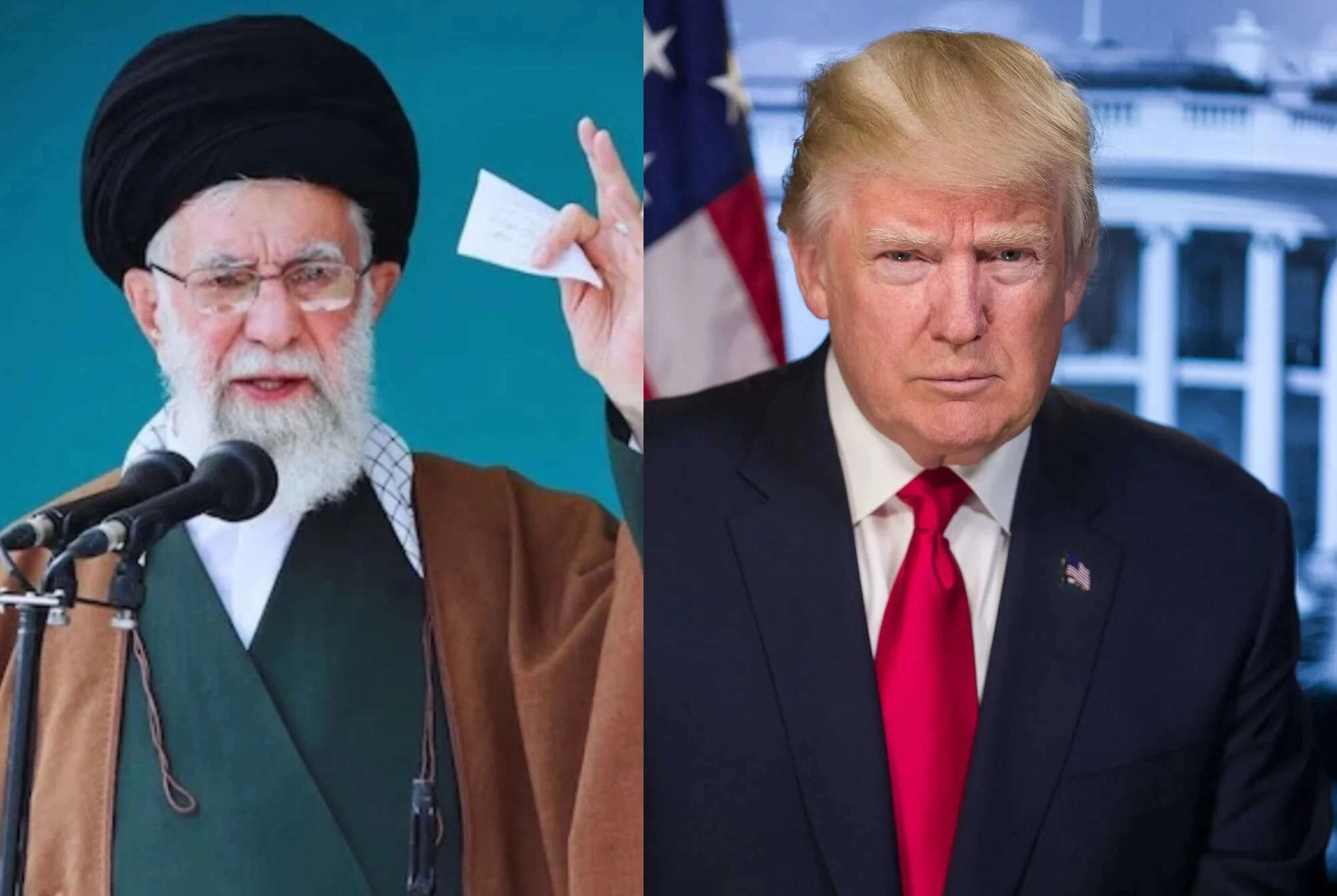The United States government has officially dismissed reports suggesting that former President Donald Trump is planning a visit to Pakistan. This announcement comes in response to various media claims that speculated on a potential trip, which would have marked a significant diplomatic engagement given the complex relationship between the two nations. Officials have clarified that there are currently no plans or schedules in place for such a visit, emphasizing that any discussions regarding diplomatic missions or visits must be substantiated by formal arrangements.
The dismissal of these reports underscores the intricate dynamics of U.S.-Pakistan relations, which have historically been characterized by periods of cooperation and tension. While both countries have collaborated on issues such as counterterrorism and regional stability, there have also been significant disagreements, particularly concerning Pakistan’s strategic partnerships and policies in South Asia. Trump’s administration had its own unique approach to foreign policy, which included a mix of engagement and criticism towards various nations, including Pakistan.
In light of the current geopolitical landscape, the absence of a scheduled visit reflects the cautious stance both countries are taking as they navigate their respective political climates. As the U.S. continues to evaluate its foreign policy priorities, the administration remains focused on strengthening its alliances while addressing concerns related to security and economic interests in the region. The speculation around Trump’s potential visit may have stirred public interest, but the official stance reinforces the importance of clear communication and the necessity for formal diplomatic channels in international relations.
As the world watches the evolving situation, the focus remains on how both nations will manage their interactions moving forward. The lack of a scheduled visit by Trump serves as a reminder that diplomatic engagements often require careful planning and consensus-building among stakeholders. With ongoing discussions about the future of U.S. involvement in South Asia, it will be crucial for both Washington and Islamabad to maintain open lines of communication to address mutual concerns and foster a more stable relationship.




